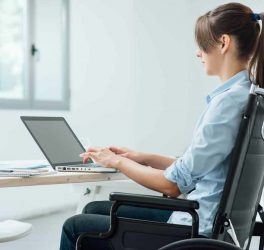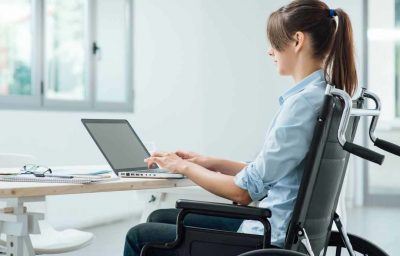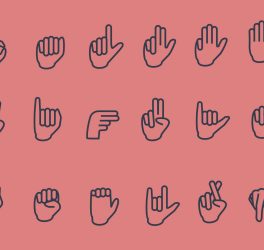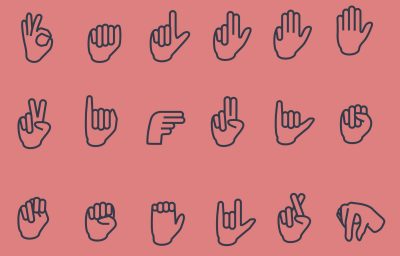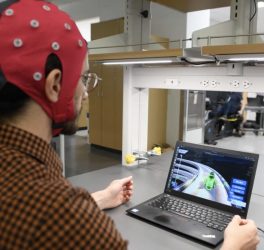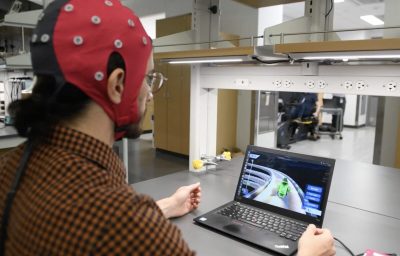
An innovative app and online resource that has shown excellent results in supporting people with illness or injury to increase quality of life, or ideally return to work, is now being rolled out nationally by Rehab Management.
The digital program, called StepUpToday, is a tailored, person-centred rehabilitation program that has seen 86% of employees achieving success in reaching their return to work or return to life goals.
“When a person experiences serious illness or injury, it can impact their entire life, and the thought of ever being able to return to work or do the things they used to do might be incredibly daunting,” explains Marcella Romero, Rehab Management’s CEO. “The StepUpToday program aims to improve an individual’s function, independence and wellbeing through meaningful and tailored SMART goal setting around everyday activities, with the ultimate goal of getting them back to work, or as close to their ‘old life’ as possible.
“So a person might start off with a goal of a five minute walk every day, building up a few minutes each day or week until they reach their goal. Or someone who has become isolated due to their injury or illness might have a goal to meet a friend for a coffee. They are very simple goals, but these kinds of everyday activities, when done consistently and with purpose, are proven to assist in overcoming the challenges of an injury, disability or illness.”
“We have seen incredible success with the program with the vast majority of participants achieving success in reaching their return to work or return to life goals, so it is very exciting to be able to offer this nationally,” continued Ms Romero. “This is reflected in a very strong Net Promoter Score of 54.8, which is gold standard. In terms of financial results, our clients have seen a reduction in claims costs by getting participants back to work or functioning better. It’s a win for everyone.”
The StepUpToday program has been designed using a ‘strengths-based’ approach, which focuses on helping the individual to achieve their personal goals, regardless of the type of injury or illness, individual circumstances or past experiences. The program runs for eight to 12 weeks, and the individual is supported through the goal setting process by a Rehab Management health coach. Input from other health professionals, such as the participant’s psychologist, GP or physiotherapist, can also be coordinated by Rehab Management.
Eligible individuals can be referred to Rehab Management by their employer or insurance provider in order to access the StepUpToday program, with comprehensive reporting available to assess progress. For many participants, the ultimate goal of the StepUpToday program is to increase their capacity to successfully return to work, which benefits employers through reduced load on Workers Compensation programs. Other participants may have a goal of being able to perform activities of daily living independently and confidently.

